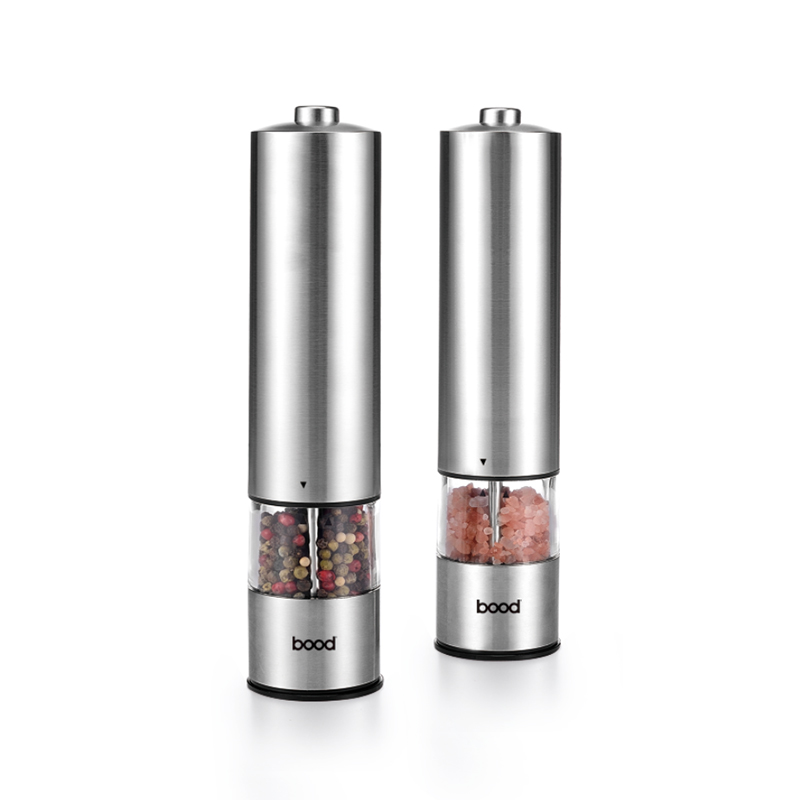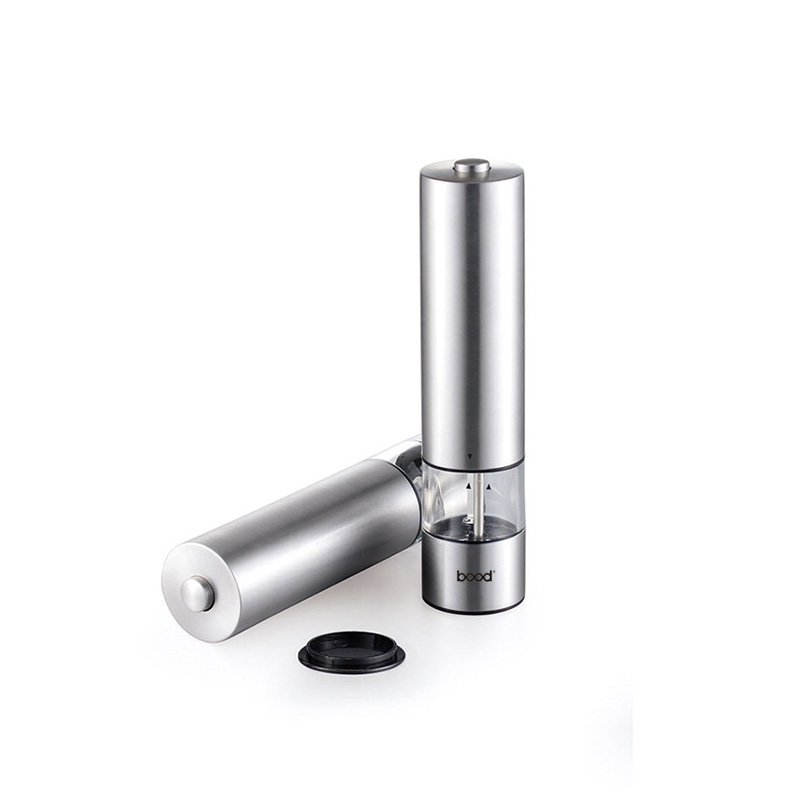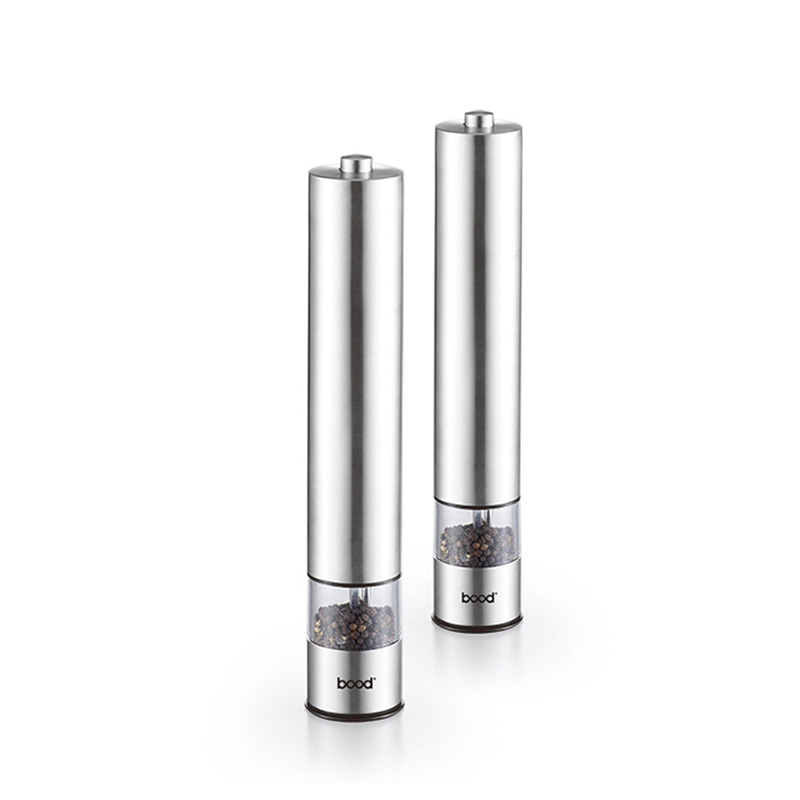Don't hesitate to send a message
+86-579-87301950

Industry News
How to Verify a Pepper Mill Factory's Production Capacity?

When sourcing kitchenware, especially items like pepper mills that rely on both precision and durability, understanding a manufacturer's actual production ability is essential. Buyers often face challenges in distinguishing between factories that can meet demand consistently and those that may struggle. Verifying the production capacity of a Pepper Mill Factory is a step that can save businesses from delays, unexpected costs, and quality inconsistencies. Below are practical ways to evaluate whether a factory has the capacity to deliver.
1. Assess Production Facilities
A site visit, whether in person or through a trusted agent, provides clear insight into the real scale of operations. Walking through the workshop can reveal the number of machines, the type of equipment in use, and the workflow. For a Pepper Mill Factory, specialized machinery such as grinders, polishing tools, and assembly lines directly influence output. If the facility is small with limited machines, it may only be able to handle modest orders. Conversely, a structured and organized layout suggests greater efficiency in handling larger volumes.
2. Review Workforce Structure
The human element is just as important as machinery. Asking about the number of employees, their roles, and working shifts can help determine overall productivity. A Pepper Mill Factory with multiple shifts and trained operators is generally in a better position to handle urgent or large-scale orders than one with a single small team. Checking if workers are experienced in handling specific materials like wood, stainless steel, or acrylic also gives clues about production flexibility.
3. Analyze Past Order Records
Order history is often a reliable indicator of what a factory can achieve. Buyers should request examples of previous contracts, especially those with large volumes or tight deadlines. If a Pepper Mill Factory has delivered consistently for well-known brands or repeat clients, that history supports its reliability. On the other hand, hesitation in sharing past performance details may be a signal to probe further.
4. Examine Supply Chain Stability
Production capacity doesn't depend solely on internal resources. A factory must also secure steady access to raw materials like wood blanks, steel mechanisms, and coatings. Disruptions in supply chains can halt output even if the workshop itself is well-equipped. Understanding how a Pepper Mill Factory sources its materials, and whether it keeps buffer stock for emergencies, provides a clearer picture of its readiness to maintain supply.
5. Check Quality Control Systems
Capacity is not just about numbers but also about maintaining standards. Factories that rush production without proper checks may deliver quantity at the expense of consistency. Asking about inspection steps—such as testing grinders for durability or verifying finishing quality—reveals how a factory balances speed with reliability. A solid quality control routine ensures that high production volumes do not lead to increased defects.
6. Consider Certifications and Standards
While paperwork alone doesn't prove capability, certifications related to manufacturing processes, workplace safety, or product compliance show that a factory operates within structured systems. A Pepper Mill Factory with ISO or similar certifications demonstrates that its operations are organized and scalable, which often supports stronger production output.
7. Request Trial Orders
Before committing to long-term cooperation, it is wise to place a smaller but significant trial order. This allows buyers to observe how the factory handles timelines, communication, and quality standards in real conditions. The response to such an order can give a practical sense of the factory's actual production ability, far more than promises or brochures.
Evaluating a Pepper Mill Factory's production capacity requires looking beyond basic claims. Site visits, workforce analysis, past performance, supply chain checks, and trial orders all contribute to a well-rounded assessment. By approaching the process systematically, buyers reduce the risk of delays and ensure that the chosen partner can deliver both the volume and the consistency needed for long-term cooperation.
-
 CH-01
CH-01USB Rechargeable Electric Salt Pepper Grinder
-
 CH-01P
CH-01PUSB Rechargeable Electric Salt And Pepper Mill Set
-
 DH-00
DH-00Classy Design Electric Pepper Mill With Stainless Steel Body
-
 DH-01
DH-01Classic Electric Stainless Steel Salt And Pepper Grinder
-
 DH-01C
DH-01CElectric Tall Salt and Pepper Mill Grinder with Flat Head
 English
English Deutsch
Deutsch 日本語
日本語